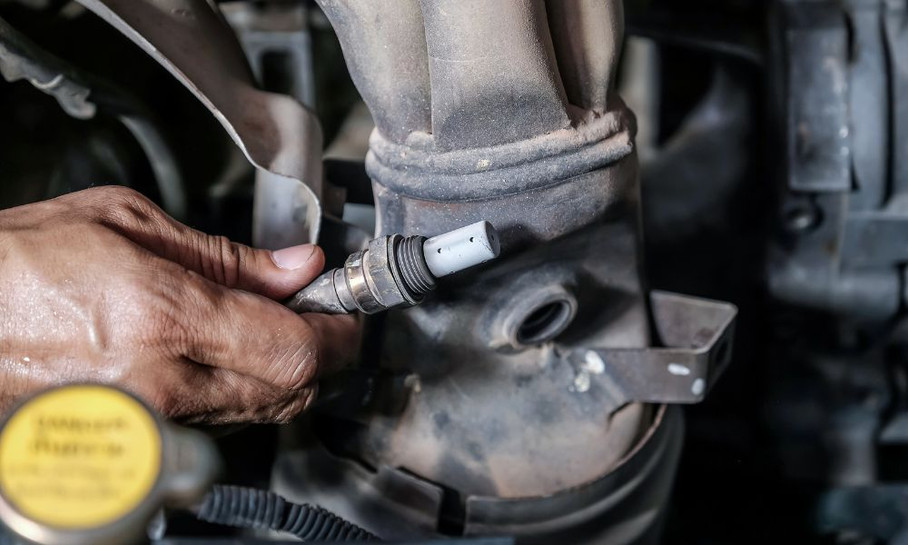When you get a car, new or old, big or small, you want it to work optimally and get the best performance out of it as possible. You can change the way you drive to achieve this, but you also need to keep an eye on some internal components that will hurt your car’s performance as they age. The oxygen sensor is one of those things. How do you know when to replace your Toyota’s oxygen sensors? We’ll tell you!
What Is the Oxygen Sensor?
The first step to knowing when to replace your oxygen sensor is learning what an oxygen sensor is and what it does in your Toyota. When you’re driving, your engine creates small explosions to power everything, and those explosions come from a mixture of fuel and air. The air is one of the most important parts of your vehicle, and the amount used in each combustion is important.
The oxygen sensor detects how much unburned oxygen is left in your exhaust and signals how much more air to add by working with the electronic control unit (ECU). Finding the right air-to-fuel ratio is essential for optimal engine performance in your Toyota, and the oxygen sensor makes that possible.
Too Many Miles
Your oxygen sensor might not show any signs of wear, but you must keep an eye on your odometer to swap the sensor before it starts breaking down and damaging your Toyota. Most oxygen sensors last around 60,000 to 90,000 miles, so that’s a good window to bring your car in. Additionally, when you bring your car in for yearly maintenance, the mechanic may be able to spot an older oxygen sensor and recommend a replacement for you, taking the burden off your shoulders.
Warning Signs
Your odometer will signal when you should change your oxygen sensor, but there are other warning signs to look out for. One of the most noticeable warning signs is the check engine light. The check engine light can come on for many reasons, but it could be the oxygen sensor. Other signs include engine misfiring, rough idling, low gas mileage, or foul smells coming from your engine. Any of these are signs to take your Toyota to the mechanic sooner rather than later. Driving without fixing this issue will only hurt your Toyota more.
Knowing when to replace the oxygen sensor in your Toyota will ensure you get the optimal performance out of your vehicle, but finding the right oxygen sensor can be tricky. Different vehicles have different part requirements, and at Yota Shop, we’ve got all the parts you need. We’re a supplier of DENSO car parts, and with these parts, you’re sure to get everything you need to get your Toyota back in working order!

